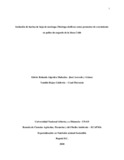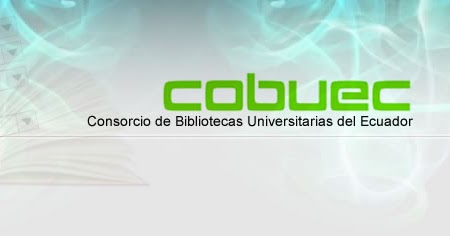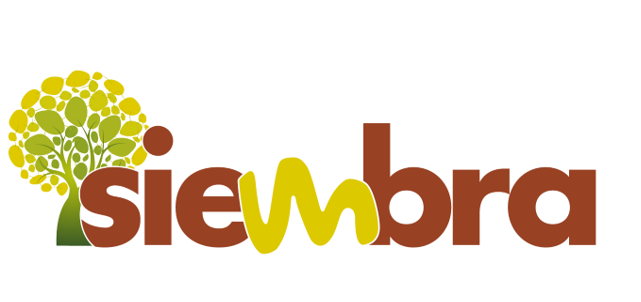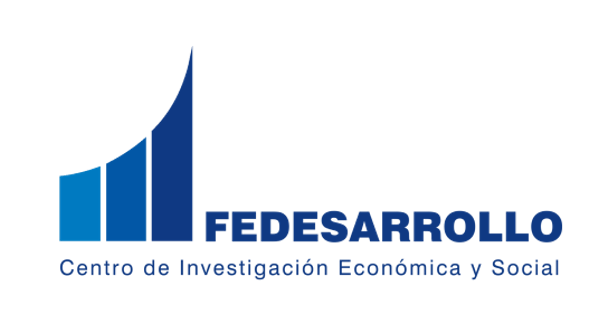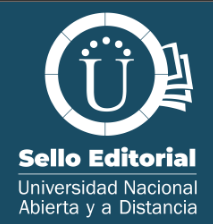Mostrar el registro sencillo del ítem
Inclusión de harina de hoja de moringa (Moringa oleífera) como promotor de crecimiento en pollos de engorde de la línea Cobb.
| dc.contributor.advisor | Espitia Manrique, Carmen Helena | |
| dc.coverage.spatial | cead_-_josé_acevedo_y_gómez | spa |
| dc.creator | Algecira Mahecha, Edwin Rolando | |
| dc.creator | Rojas Calderón, Yamilet | |
| dc.date.accessioned | 2020-06-22T19:42:36Z | |
| dc.date.available | 2020-06-22T19:42:36Z | |
| dc.date.created | 2020-06-04 | |
| dc.identifier.uri | https://repository.unad.edu.co/handle/10596/34986 | |
| dc.description.abstract | El objetivo de este trabajo fue evaluar el efecto de la inclusión de harina de hoja de moringa como promotor del crecimiento en pollos de engorde y estimar los costos de producción. Para tal fin, se utilizaron 60 pollos Cobb de un día de edad divididos aleatoriamente en tres grupos. Al grupo A (T0) se le suministro solo concentrado comercial (C), al grupo B (T1) concentrado más Moringa (Moringa oleífera) (C+M) y por último al grupo C se le suministro concentrado más antibiótico Bacitracina de Zn (C+A) bajo un diseño experimental completamente al azar. Inicialmente, las aves tuvieron un periodo de adaptación de dos semanas y la fase experimental tuvo una duración de 25 días. Se evaluaron los parámetros productivos y se estimaron los costos de producción para cada tratamiento. No hubo diferencias estadísticas significativas para los parámetros productivos, sin embargo, las aves alimentadas con concentrado comercial y harina de hoja de Moringa mostraron mejores resultados a nivel productivo y económico, por lo tanto, se le atribuyen a la inclusión de moringa en la dieta de los pollos efectos benéficos en la ganancia de peso, conversión alimenticia y en el retorno económico. | spa |
| dc.format | ||
| dc.title | Inclusión de harina de hoja de moringa (Moringa oleífera) como promotor de crecimiento en pollos de engorde de la línea Cobb. | |
| dc.type | Proyecto de investigación | |
| dc.subject.keywords | Moringa, Costo, Producción, Avicultura | spa |
| dc.description.abstractenglish | The objective of this research was to evaluate the effect of the inclusion of different experimental diets, on production parameters of broiler chickens, also evaluating the production costs of the use of diets, taking into account the nutritional requirements and the economic effect in the poultry production. Were used 60 chickens for fattening of one day of age, divided in three groups of 20 chickens, divided by randomized method. To group A (T0) you supply single concentrate (C), group B (T1) focused more Moringa (Moringa oleífera) (C+M) and finally to group C you supply more concentrated antibiotic tetracycline (C+A). Before the beginning of the experiment, the chickens were subjected to a period of adaptation (2 weeks) to the new conditions of accommodation, food and management. The experiment had a duration of 25 days starting on 16 September and ending on 10 October 2018. The results of the group B showed better results at the economic level and productive than those in group A and C, therefore attributed to the inclusion of moringa in the diet of the chickens beneficial effects on weight gain, feed conversion and in income. | spa |

